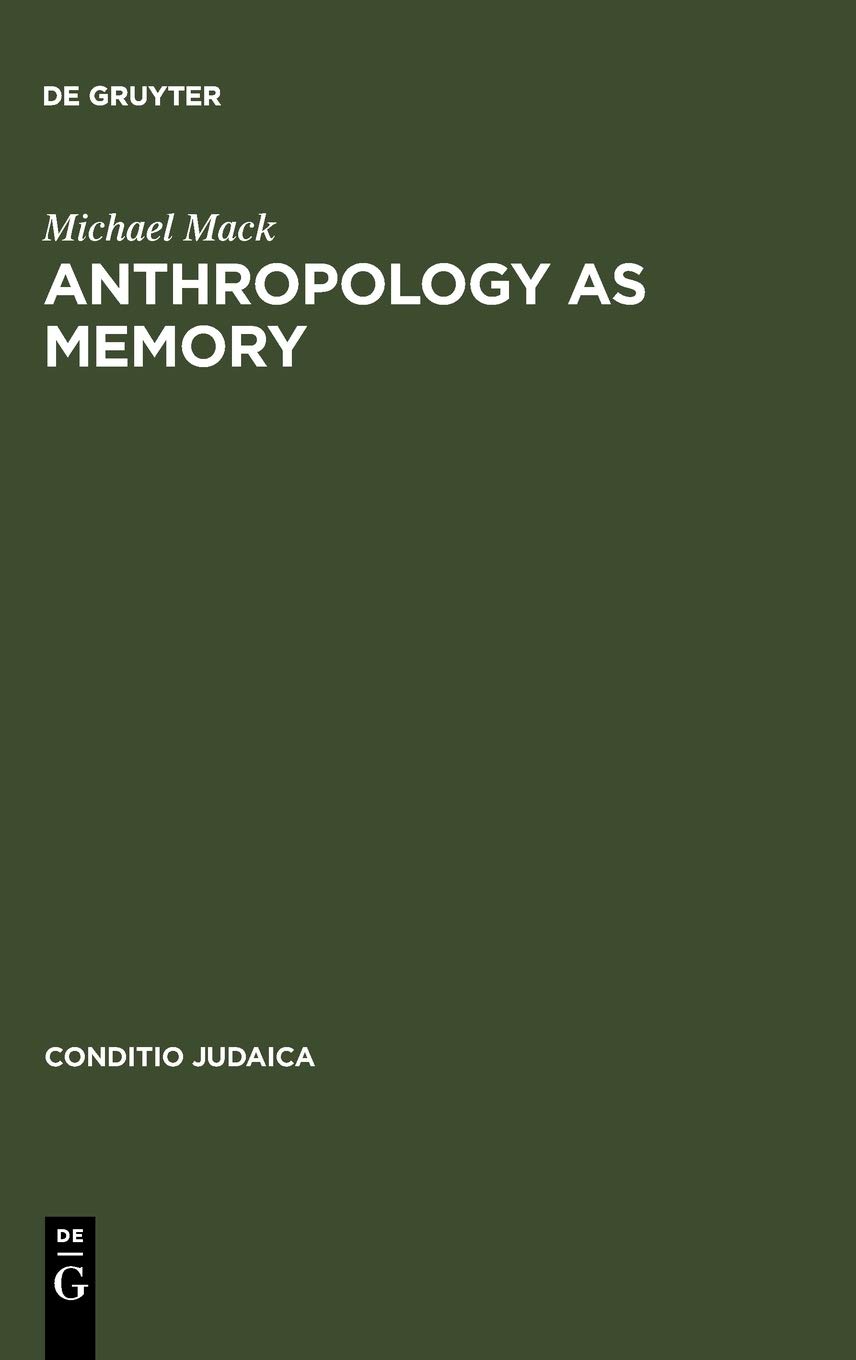

Most ebook files are in PDF format, so you can easily read them using various software such as Foxit Reader or directly on the Google Chrome browser.
Some ebook files are released by publishers in other formats such as .awz, .mobi, .epub, .fb2, etc. You may need to install specific software to read these formats on mobile/PC, such as Calibre.
Please read the tutorial at this link. https://ebooknice.com/page/post?id=faq
We offer FREE conversion to the popular formats you request; however, this may take some time. Therefore, right after payment, please email us, and we will try to provide the service as quickly as possible.
For some exceptional file formats or broken links (if any), please refrain from opening any disputes. Instead, email us first, and we will try to assist within a maximum of 6 hours.
EbookNice Team

Status:
Available4.4
41 reviews
ISBN 10: 3484651342
ISBN 13: 9783484651340
Author: Michael Mack
This essay is offered particularly as a contribution to the relationship between theological and literary writings on the Holocaust. Franz Baermann Steiner’s (1909–1952) detailed sociological work – he taught at the Department of Social Anthropology at Oxford and developed a sociology of danger that strongly influenced Mary Douglas, T. W. Adorno, Iris Murdoch, H.G. Adler and Julia Kristeva – contrasts with Canetti’s emphasis on shock. Canetti’s response to the Holocaust constitutes, in Dominick LaCapra’s terms, an ‘acting out’ of trauma: a comparison between Canetti’s »Masse und Macht« and the anthropological texts he uses brings to the fore his bleak depicton of humanity.
By contrast, Steiner – in comparison to Canetti – lays emphasis on ‘working through’ the Holocaust, that is to say, on overcoming the paralysis of trauma by reflecting critically on values that might transform a damaged society. However, Canetti’s depiction of humanity cannot entirely be seen in LaCapra’s notion of ‘acting out’: for through the shock of ‘acting out’, Canetti nonetheless wants to bring about a ‘working through’. Similarly, despite the ‘working through’ shock and trauma are dramatized in Steiner’s poetry and his aphoristic writings. Morever, Canetti thematizes an ethical impact on his readership in his aphorisms. In response to the Holocaust both writers advance a theory of power: what Steiner calls danger, Canetti attacks as death. Steiner’s and Canetti’s respective responses to the Holocaust consists in a critique of static ways of thought, affirming ‘metamorphosis’, and deconceptualized understanding of the world which connects linguistic fluidity to the everchanging contextualities of social and embodied life.
Part I: Elias Canetti and the Crowd
Canetti's "Crowds and Power": A Response to Mass Atrocity
Analysis of how Crowds and Power (and related writings) grapples with collective behavior, power, and the dynamics that led to the Shoah.
Canetti's theories on survival, command, and transformation.
The role of fear and the 'death-instinct' in his anthropological observations.
The Individual in the Face of the Mass: Canetti's Personal Trauma and Intellectual Inquiry
How Canetti's personal experiences and observations influenced his work on crowds.
The ethical and philosophical implications of his anthropological lens.
Part II: Franz Baermann Steiner: A Poetic Anthropologist of Exile
Steiner's Ethno-Poetics and the Crisis of Culture
Introduction to Steiner's unique position as a Jewish refugee, poet, and anthropologist.
His critique of conventional anthropological thought and his focus on "poetic anthropology."
Steiner's concept of shame and honor in response to barbarism.
Responding to the Shoah Through Poetry and Ethnography
Analysis of Steiner's poetry and anthropological fragments as a direct or indirect response to the Holocaust.
His intellectual struggle with the breakdown of European civilization and humanistic values.
The role of Jewish identity and tradition in his work.
Part III: Comparative Perspectives and Legacy
Converging and Diverging Paths: Canetti and Steiner in Dialogue
Comparing their intellectual methodologies and their distinct, yet sometimes overlapping, approaches to understanding human behavior in the context of extreme violence.
Shared concerns about power, destruction, and survival.
The Enduring Relevance of Their Work
The lasting impact of Canetti's and Steiner's contributions to anthropology, literature, and Holocaust studies.
Their insights into memory, trauma, and the human condition.
anthropology of memory
anthropology memoirs
anthropology books barnes and noble
book anthropology
anthropology of memory syllabus
anthropology books online
Tags: Michael Mack, Anthropology, Memory